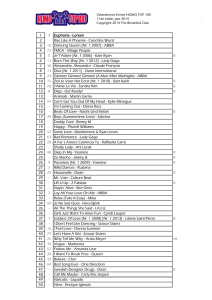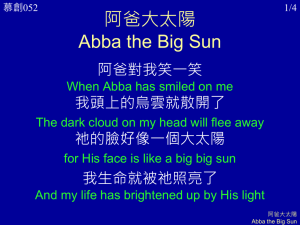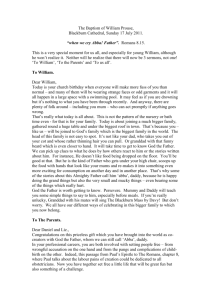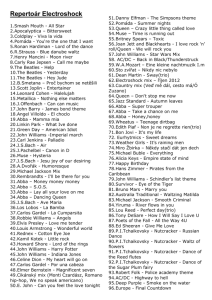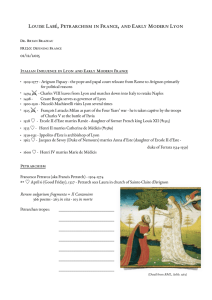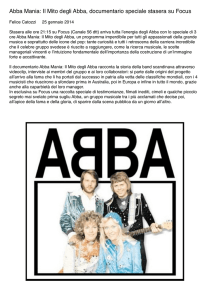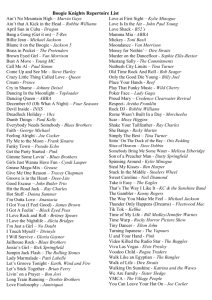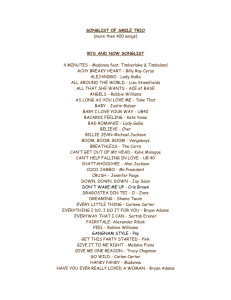Eulogy for Rabbi Pinchas Hayim Vardi Delivered at his funeral on
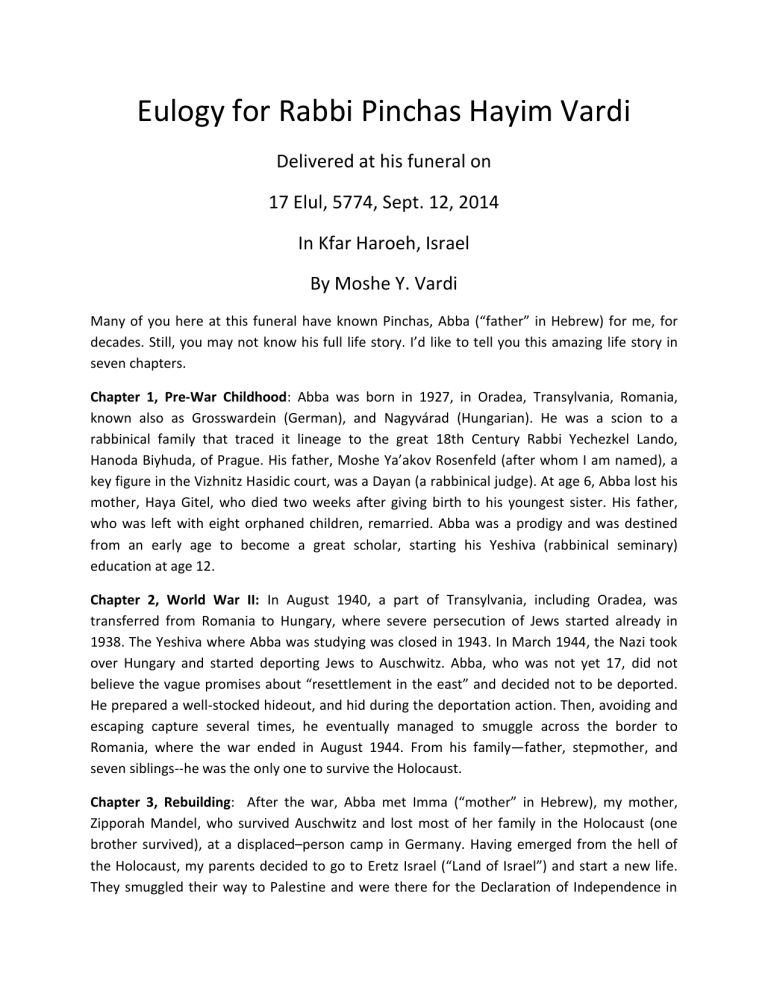
Eulogy for Rabbi Pinchas Hayim Vardi
Delivered at his funeral on
17 Elul, 5774, Sept. 12, 2014
In Kfar Haroeh, Israel
By Moshe Y. Vardi
Many of you here at this funeral have known Pinchas, Abba (“father” in Hebrew) for me, for decades. Still, you may not know his full life story. I’d like to tell you this amazing life story in seven chapters.
Chapter 1, Pre-War Childhood : Abba was born in 1927, in Oradea, Transylvania, Romania, known also as Grosswardein (German), and Nagyvárad (Hungarian). He was a scion to a rabbinical family that traced it lineage to the great 18th Century Rabbi Yechezkel Lando,
Hanoda Biyhuda, of Prague. His father, Moshe Ya’akov Rosenfeld (after whom I am named), a key figure in the Vizhnitz Hasidic court, was a Dayan (a rabbinical judge). At age 6, Abba lost his mother, Haya Gitel, who died two weeks after giving birth to his youngest sister. His father, who was left with eight orphaned children, remarried. Abba was a prodigy and was destined from an early age to become a great scholar, starting his Yeshiva (rabbinical seminary) education at age 12.
Chapter 2, World War II: In August 1940, a part of Transylvania, including Oradea, was transferred from Romania to Hungary, where severe persecution of Jews started already in
1938. The Yeshiva where Abba was studying was closed in 1943. In March 1944, the Nazi took over Hungary and started deporting Jews to Auschwitz. Abba, who was not yet 17, did not believe the vague promises about “resettlement in the east” and decided not to be deported.
He prepared a well-stocked hideout, and hid during the deportation action. Then, avoiding and escaping capture several times, he eventually managed to smuggle across the border to
Romania, where the war ended in August 1944. From his family—father, stepmother, and seven siblings--he was the only one to survive the Holocaust.
Chapter 3, Rebuilding : After the war, Abba met Imma (“mother” in Hebrew), my mother,
Zipporah Mandel, who survived Auschwitz and lost most of her family in the Holocaust (one brother survived), at a displaced–person camp in Germany. Having emerged from the hell of the Holocaust, my parents decided to go to Eretz Israel (“Land of Israel”) and start a new life.
They smuggled their way to Palestine and were there for the Declaration of Independence in
May 1948. They participated in the War of Independence, got married in 1949 (using Vardi as the Hebrew version of Rosenfeld), were founding members of Kibbutz Nir Etzion near Haifa in
1950, and then had three children: my sister Rivka, myself, and my brother Naftali. Early on it was discovered that my father, the Talmudic prodigy, was also mechanically very talented, and he was trained as a mechanic. (As a young child, I loved having a father who is a mechanic, as the machine shop was endlessly exciting for me.) Abba used the travel allowance he received during his vocational training (he hitchhiked to save that money) to buy his first book in Israel.
That book was the seed of what ultimately became a 3,000-book (mostly Judaism) library. We recently had to pack the books to enable remodeling, and it felt like burial. The empty library feels now like a desolate garden.
Chapter 4, Teaching : In 1960, Abba decided to go back to his intellectual roots. He was sent by the Kibbutz to a teacher seminary, to which he was admitted in spite of having no formal education whatsoever. (His parents bribed the authorities in Romania to get him a waiver from the requirement of mandatory three years of elementary education.) He became an elementary-school teacher and ultimately assistant principal. He started teaching me Talmud at age 10. During this period Abba also received his “Hasmacha” (ordination) as a rabbi, though he never formally held a pulpit.
Chapter 5, Kfar Haroeh : In 1967 Abba was encouraged by a professor (visiting the Nir Etzion
Guesthouse), who was impressed by Abba’s scholarship, to pursue academic studies. Abba requested that his teaching load be reduced from a double load to a single load, so he can pursue advanced studies, but this was not approved by the Kibbutz membership. Abba was determined to pursue his studies and decided to leave the Kibbutz. We moved to Kfar Haroeh, a moshav (a type of a village) near Hadera, in August 1967, where Abba assumed the position of principal for general studies in the Kfar-Haroeh Yeshiva High School. He started his academic studies at Bar Ilan University that fall, majoring in Talmudic Studies. Ultimately, he became a teaching assistant at Bar Ilan and taught general-education courses there for several years. He stayed as principal for general studies in the Kfar Haroeh Yeshiva High School until 1980.
Chapter 6, Education Ministry : In 1980 Abba wished to contribute to Jewish education in Israel on a larger scale and took a superintendent position at the Israel Education Ministry, where he oversaw Jewish education in the northern part of the country. He kept that position until his retirement in 1992. In 2002 he was honored as Yakir Hachinukh Hadati (“an Honoree of
Religious Education”) for his contributions to Jewish education in Israel. Having left his position in the Kfar Haroeh Yeshiva High School in 1980, my parents had to leave the apartment they rented from the Yeshiva and they built themselves a house in Shekhunat Beit Hazon of Kfar
Haroeh in 1983. Abba’s mechanical talents proved useful again, and he did a fair amount of the construction himself. In 1990s, a young Jewish family emigrated from Belarus to Israel and
settled in Kfar Haroeh. My parents have “adopted” this family, Tanya and Michael Shulman, and their two sons Alex and Shevach, and they have become an extension of the Vardi family. The two sons, and later the two Israeli-born daughters, Ilana and Shani, consider my parents as their de-facto grandparents.
Chapter 7, Talmud Torah : Having freed himself from the need to raise and provide for a family,
Abba was able after his retirement in 1992 to dedicate himself for the next 20 years to his true calling, passion, and vocation, which was Talmud Torah, the studying and teaching of Jewish studies. Abba started his first class in Kfar Haroeh in 1969, when a group of young men (in their
20s and early 30s) asked him to teach a weekly class. Abba taught this Saturday-morning class, known as “Shiur Latzeirim” (“a class for the young”) for over 43 years. (In 2009, his students celebrated the 40 th
anniversary of that class. The “young” men were then all in their 60s and
70s.) After his retirement, Abba undertook several other teaching engagements, including a weekly phone study session with the son of a neighbor. Abba did not like “pilpul” (a form of over-sophisticated rabbinical reasoning). He liked simplicity and clarity, and always strove to expose the historical development of rabbinical reasoning. In 2004, Abba had an incident of deep-vein thrombosis. That was a turning point for him, and after that he needed to be supported by caregivers. He was fortunate to be supported over the years by three goodhearted Filipina caregivers: Christine, Imelda, and Jocelyn.
As Abba’s health continued to decline, he had to curtail his teaching activities. In early 2013 he retired from the Saturday morning “Shiur Latzeirim”, saying “Eini yakhol yoter,” (“I can carry on no longer.”) he said with sorrow. Attending services at the synagogue became more and more difficult for him. During this period the support of the local community became more and more important and several people continued to visit him and study with him to lift his spirit. In the first part of August 2014 Abba fell during a trip to Hadera and broke his thigh. He was hospitalized for an operation and then sent to rehabilitation. In spite of his strong desire to return to Kfar Haroeh, but was not able to go home again. On the morning of Sept. 6 he suffered from severe internal bleeding, and went into a shock. He never regained his full consciousness after that. I arrived at Israel on Sept. 9 and saw him on Sept. 10. When talked to he reacted, but was not able to talk. The last few days were an excruciating battle against encroaching death. Finally, at around 1am on the morning of 17 Elul, 5774 (Sept. 12, 2014),
“Nitzchu Erelim Et Hametzukim Venishba Aron Hakodesh” (a Talmudic phrase that describes a great battle between two camps of angels that precedes the passing away of a great scholar).
There are many Jewish phrases that refer to death. We can say, “died”, “passed away”, or
“departed this world”. About Abba it is appropriate to say “Nikra Leyeshiva Shel Mala”—
“summoned to the great seminary of high above”.
